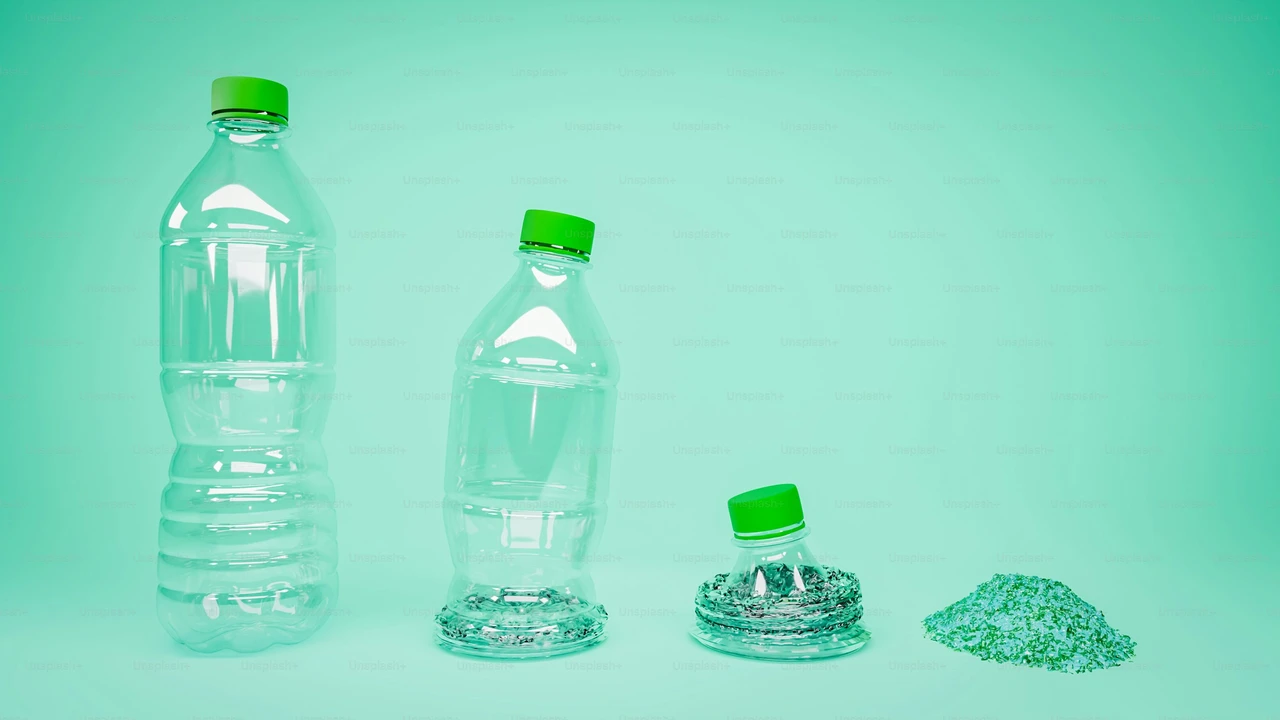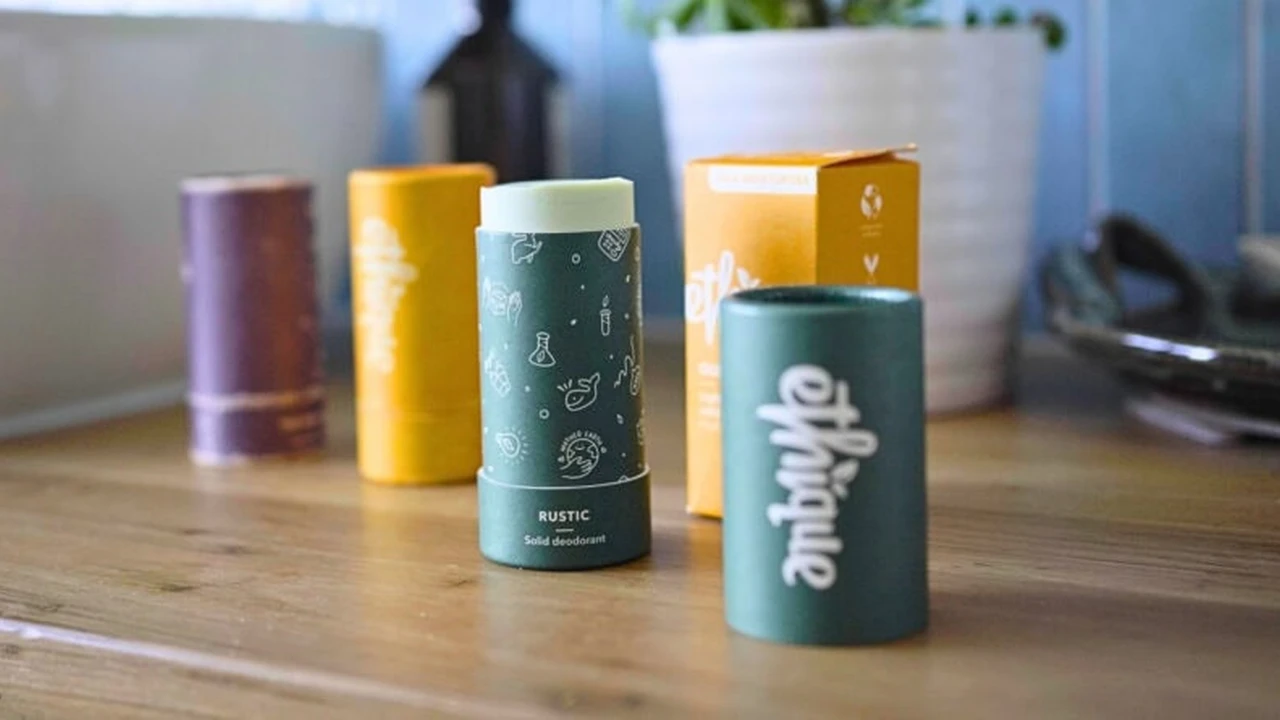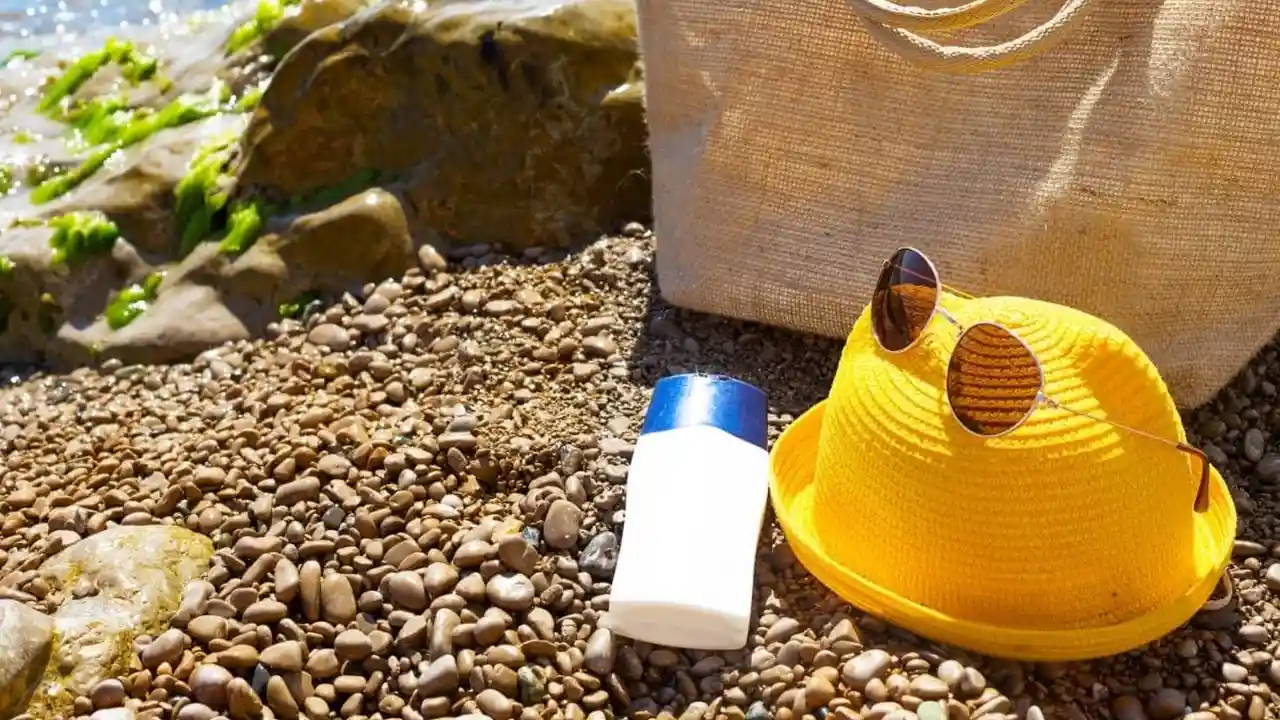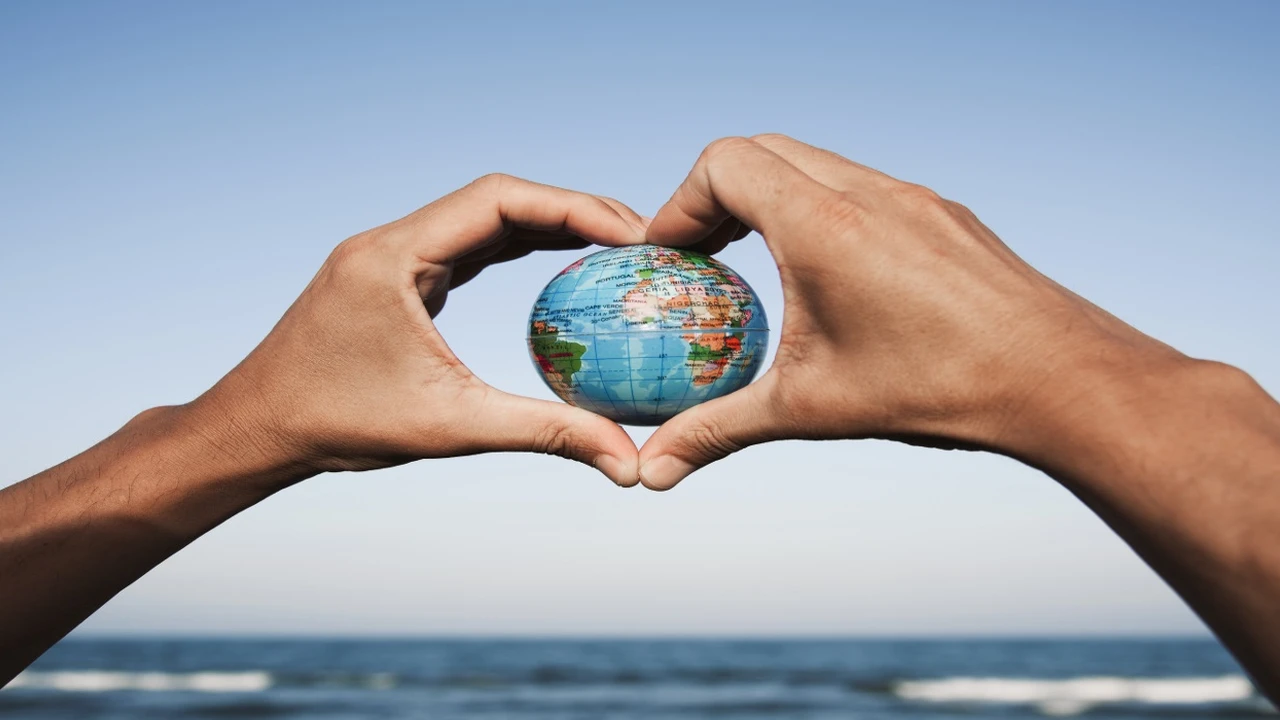Reusable Water Bottles Compared Guide
A guide comparing reusable water bottles for eco-conscious travelers. Find durable, BPA-free water bottles that reduce plastic waste. Choose a sustainable water bottle for your next trip.

Why Choose a Reusable Water Bottle Sustainable Hydration
Okay, let's dive into why you absolutely *need* a reusable water bottle. Seriously, ditching single-use plastic is one of the easiest and most impactful things you can do for the planet. Think about it: billions of plastic bottles end up in landfills and oceans every year. Switching to reusable is a small change that makes a HUGE difference. Plus, you'll save money in the long run – no more constantly buying bottled water!
Key Features to Look For in Eco-Friendly Water Bottles BPA-Free Durability
So, what makes a good reusable water bottle? Here are the key things to consider:
- Material: Stainless steel, glass, and BPA-free plastic are your best bets. Stainless steel is super durable and doesn't leach chemicals. Glass is great for taste but can be fragile. BPA-free plastic is lightweight and affordable.
- Durability: You want something that can withstand being dropped, tossed in a bag, and generally abused during your travels.
- Size & Weight: Consider how much water you typically drink and how much weight you're willing to carry.
- Ease of Cleaning: Wide-mouth bottles are easier to clean than narrow-mouth ones. Dishwasher-safe is a bonus!
- Insulation: If you like your water cold (or your coffee hot), look for an insulated bottle.
- Leak-Proof Design: A leaky bottle is a traveler's worst nightmare. Make sure the lid seals tightly!
Top Reusable Water Bottle Brands and Models Detailed Reviews
Alright, let's get into some specific recommendations. These are bottles I've personally tested, or that come highly recommended by other eco-conscious travelers:
Hydro Flask Stainless Steel Water Bottle Best Insulation Performance
Description: Hydro Flask is a classic for a reason. These stainless steel bottles are incredibly well-insulated, keeping drinks cold for up to 24 hours and hot for up to 12. They come in a variety of sizes and colors.
Pros: Excellent insulation, durable construction, wide range of sizes and colors.
Cons: Can be a bit pricey, relatively heavy.
Best For: Travelers who need to keep drinks cold or hot for extended periods, outdoor adventures.
Price: $30 - $50
Usage Scenario: Hiking in hot weather, long flights, camping trips.
Nalgene Tritan Water Bottle Durable Lightweight Option
Description: Nalgene bottles are known for their durability and simplicity. Made from BPA-free Tritan plastic, they're lightweight and virtually indestructible.
Pros: Extremely durable, lightweight, affordable, wide mouth for easy cleaning.
Cons: Not insulated, can retain odors if not cleaned regularly.
Best For: Budget-conscious travelers, backpacking, everyday use.
Price: $10 - $15
Usage Scenario: Gym, everyday errands, short hikes.
bkr Glass Water Bottle Stylish Eco-Friendly Choice
Description: bkr bottles are made from glass and covered in a soft silicone sleeve. They're stylish, eco-friendly, and keep water tasting fresh.
Pros: Great taste, stylish design, BPA-free, phthalate-free.
Cons: Fragile (compared to stainless steel or plastic), more expensive.
Best For: Travelers who prioritize taste and aesthetics, everyday use in less rugged environments.
Price: $35 - $45
Usage Scenario: Office, yoga class, city sightseeing.
Vapur Anti-Bottle Collapsible Water Bottle Space-Saving Travel
Description: Vapur Anti-Bottles are collapsible and reusable, making them perfect for saving space in your luggage. When empty, they can be rolled up and stored easily.
Pros: Extremely lightweight and packable, affordable.
Cons: Not as durable as other options, not insulated.
Best For: Backpackers, travelers with limited space, emergency hydration.
Price: $10 - $15
Usage Scenario: Backpacking, festivals, day trips.
LifeStraw Go Filter Bottle Water Purification Travel
Description: The LifeStraw Go Filter Bottle is a water bottle with a built-in filter, allowing you to drink from virtually any water source. It removes bacteria and protozoa, making it safe to drink from rivers, lakes, and questionable tap water.
Pros: Built-in filter, safe drinking water from various sources, durable.
Cons: Filter needs to be replaced periodically, can be difficult to drink from.
Best For: Travelers in developing countries, hikers, campers, anyone concerned about water quality.
Price: $30 - $40
Usage Scenario: Hiking in remote areas, traveling in countries with unreliable water sources.
Reusable Water Bottle Comparison Chart Price Durability Insulation
Here's a quick comparison table to help you decide which bottle is right for you:
| Bottle | Price | Durability | Insulation | Best For |
|---|---|---|---|---|
| Hydro Flask | $$$ | Excellent | Excellent | Keeping drinks cold/hot |
| Nalgene | $ | Excellent | None | Budget, durability |
| bkr | $$$ | Fair | None | Style, taste |
| Vapur | $ | Fair | None | Packability |
| LifeStraw Go | $$ | Good | None | Water purification |
Where to Buy Reusable Water Bottles Online Retailers Eco-Stores
You can find reusable water bottles at most sporting goods stores, outdoor retailers, and online marketplaces. Some good options include:
- Amazon: Wide selection, competitive prices.
- REI: Good selection of high-quality bottles, expert advice.
- Target: Affordable options, convenient for everyday use.
- Specialty Eco-Stores: Look for local eco-stores that carry sustainable and ethically sourced products.
Tips for Maintaining Your Reusable Water Bottle Cleaning Longevity
To keep your reusable water bottle in good condition and prevent the buildup of bacteria, follow these tips:
- Wash Regularly: Wash your bottle with soap and water after each use.
- Use a Bottle Brush: A bottle brush can help you reach the bottom and clean hard-to-reach areas.
- Dishwasher Safe: If your bottle is dishwasher-safe, run it through the dishwasher regularly.
- Air Dry: Allow your bottle to air dry completely to prevent the growth of mold and bacteria.
- Remove Odors: To remove odors, try filling your bottle with a mixture of baking soda and water, and letting it sit overnight.
The Environmental Impact of Reusable Water Bottles Sustainability Benefits
Choosing a reusable water bottle is a simple but powerful way to reduce your environmental impact. Here's why:
- Reduces Plastic Waste: By using a reusable bottle, you're preventing plastic bottles from ending up in landfills and oceans.
- Conserves Resources: Manufacturing plastic bottles requires significant amounts of energy and resources.
- Lowers Carbon Footprint: Reusable bottles have a lower carbon footprint than single-use plastic bottles.
- Promotes Sustainable Habits: Using a reusable bottle encourages other sustainable habits, such as reducing waste and conserving resources.
Beyond Water Bottles Other Sustainable Hydration Options
While reusable water bottles are a great start, there are other ways to stay hydrated sustainably:
- Water Filters: Carry a portable water filter to purify water from natural sources.
- Reusable Cups: Bring your own reusable cup to coffee shops and juice bars.
- Refillable Water Stations: Look for refillable water stations in airports, parks, and other public places.
Final Thoughts Choosing the Right Reusable Water Bottle for You
Ultimately, the best reusable water bottle for you depends on your individual needs and preferences. Consider your budget, lifestyle, and travel habits when making your decision. By choosing a reusable water bottle, you're making a positive impact on the planet and contributing to a more sustainable future. So, go ahead and ditch the plastic – your planet (and your wallet) will thank you!
:max_bytes(150000):strip_icc()/277019-baked-pork-chops-with-cream-of-mushroom-soup-DDMFS-beauty-4x3-BG-7505-5762b731cf30447d9cbbbbbf387beafa.jpg)






